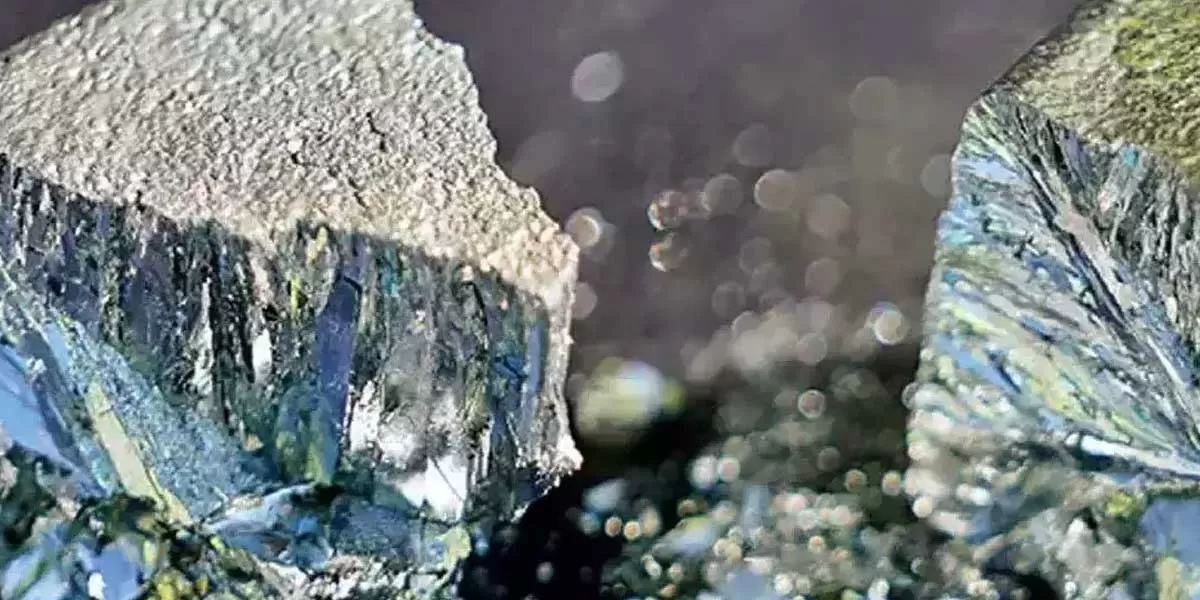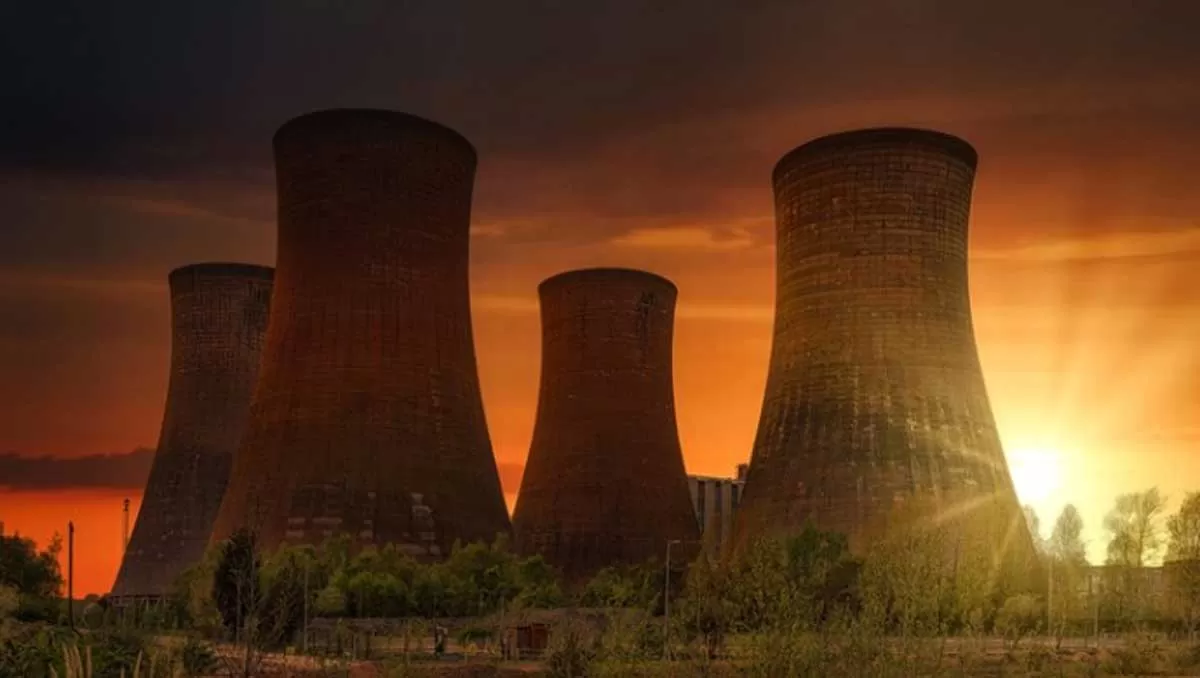
Redefine the future of urban mobility! Join us at the Metro Rail Conference 2025 to explore groundbreaking ideas and insights. 👉 Register today!

Nidhi Khare Assumes Additional Charge as MNRE Secretary
Nidhi Khare, a 1992-batch IAS officer from the Jharkhand cadre, has taken over as Secretary of the Ministry of New and Renewable Energy (MNRE) in an additional capacity. Currently serving as Secretary in the Department of Consumer Affairs, she brings over three decades of administrative expertise to her new role.In her first meeting with MNRE officials, including Additional Secretary Sudeep Jain and Joint Secretary Lalit Bohra, Khare emphasized the importance of meeting financial and operational targets while aligning renewable energy projects with global quality standards. She also prioritize..

US Lifts Restrictions on Three Indian Nuclear Entities
In a major development, the United States has removed restrictions on three key Indian nuclear entities: Bhabha Atomic Research Centre (BARC), Indira Gandhi Atomic Research Centre (IGCAR), and Indian Rare Earths (IRE), according to the US Bureau of Industry and Security (BIS).This decision follows an announcement by US National Security Advisor Jake Sullivan, who recently stated that the US would ease barriers to facilitate civil nuclear partnerships between Indian and American firms.The move, seen as a step towards implementing the India-US civil nuclear agreement signed 16 years ago, aligns ..

Global Nuclear Energy Surges with 70 GW Under Construction: IEA
Nuclear energy is gaining global traction, with over 70 GW of capacity under construction—the highest in 30 years—according to the IEA’s latest report, The Path to a New Era for Nuclear Energy. Technological advancements, policies, and investments, including small modular reactors (SMRs), are fueling this growth.The report further stated that more than 40 countries are expanding nuclear's role, but challenges like project delays, financing, and supply chain risks persist.China leads the sector, with 25 reactors under construction since 2017, positioning itself to surpass the US and Europ..
















